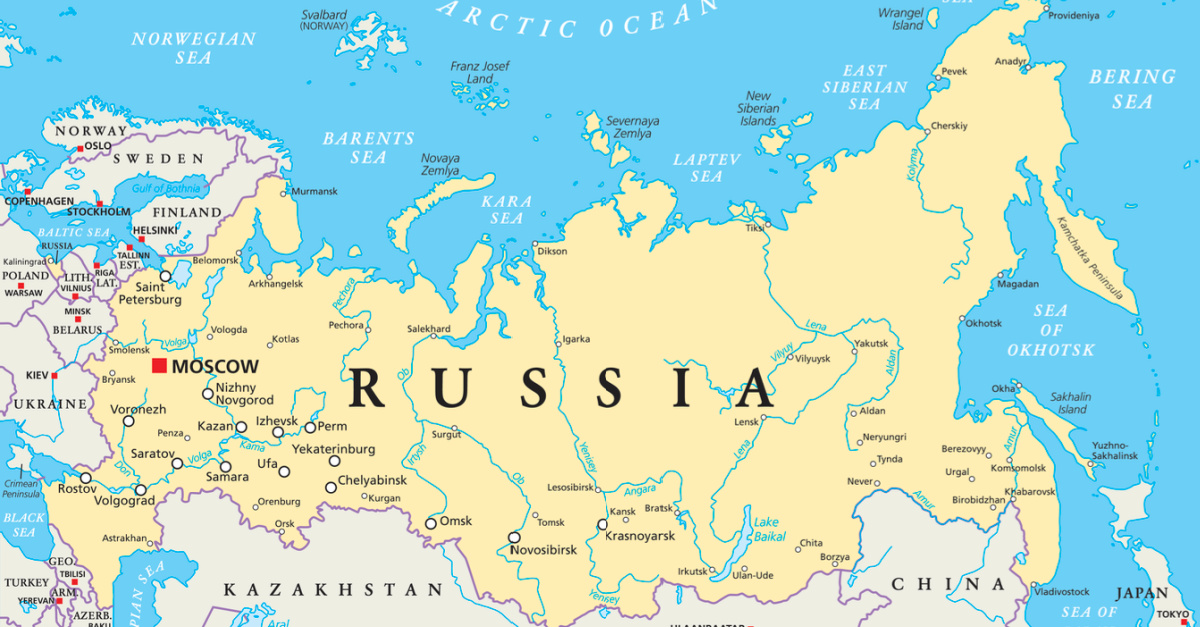
Author and Bible Answer Man host Hank Hanegraaff is rejecting parallels between the events described in Ezekiel 38 and modern-day Russia, saying “modern prophecy pundits” are wrong in their analysis of the war in Ukraine.
Hanegraaff made the comments this week in a “Hank Unplugged Short” commentary on YouTube, days after Pat Robertson and others said Ezekiel 38 predicted that Russia would play a major role in the end times.
Ezekiel 38 describes a “prince of Rosh” partnering with other countries to attack the “land of Israel,” resulting in God’s judgment. The chapter also references the much-debated “Gog” and “Magog.”
Some theologians and pastors believe “Rosh” is a reference to Russia.
But Hanegraaff says Ezekiel was prophesying about events closer to his time and not about events in the 21st century.
“If you want to properly evaluate biblical text, you have to understand their historical context. And the book of Ezekiel is a great example,” Hanegraaff said. “Remember this: Ezekiel was prophesying during an extremely dark period in the history of Judah. He was born into the priesthood in Jerusalem … right about the time that Josiah found the book of the law in the temple. This was a time in which spiritual renewal had broken out in the land. But unfortunately, the reformation was short-lived. By the time of Josiah’s death, the idolatrous practices of the past had returned with a vengeance, and thus the acts of God’s judgment fell. As a result of the acts of God’s judgment falling, Ezekiel found himself on the dusty plains of Babylon.”
Ezekiel was “warning fellow exiles that the worst lay right around the corner,” Hanegraaff said.
“We all know from history, that in 586, Jerusalem and its golden temple were desecrated and manifestly destroyed. But here’s the point – without the historical backdrop, we would be hard-pressed to understand Ezekiel’s words. … Ezekiel was prophesying from the dusty environs of a refugee camp in the south of Babylon, near the Kebar River. And there he looked into the eastern sky, and he was longing for the glory of the Lord to return to a temple that had vanished in the rocks that surrounded it. He yearned for the promise of a temple whose glory would exceed even that of Solomon’s temple. And in the Spirit, he was looking forward to events that were going to take place a generation later – a generation later – not the 21st century, but a generation later. A generation later – when Zerubbabel would rebuild the spiritual condition of the returning exiles [and] when Nehemiah would challenge his fellow countrymen to arise and rebuild the shattered walls of Jerusalem.”
Hanegraaff called it a “travesty” to say “Rosh” means “Russia.”
“The word ‘Russia’ is an 11th-century Viking word and not semantically linked, in the least, to the Hebrew word Rosh,” he said. “We need to understand the principles of biblical interpretation so that our modern-day imaginations don’t go wild.”
Hanegraaff describes his end-times beliefs in his book The Apocalypse Code, which supports an amillennial interpretation of Scripture.
Related:
The Bible ‘Predicted Specific Events’ about ‘Russia’s Future,’ David Jeremiah Says
Russia’s Invasion of Ukraine Is Setting Stage for Attack on Israel, Pat Robertson Says
Does Russia’s War on Ukraine Fit in Biblical Prophecy? Pastor Greg Laurie Says it May
Photo courtesy: ©Getty Images/Peter Hermes Furian
Video courtesy: Bible Answer Man
Michael Foust has covered the intersection of faith and news for 20 years. His stories have appeared in Baptist Press, Christianity Today, The Christian Post, the Leaf-Chronicle, the Toronto Star and the Knoxville News-Sentinel.
